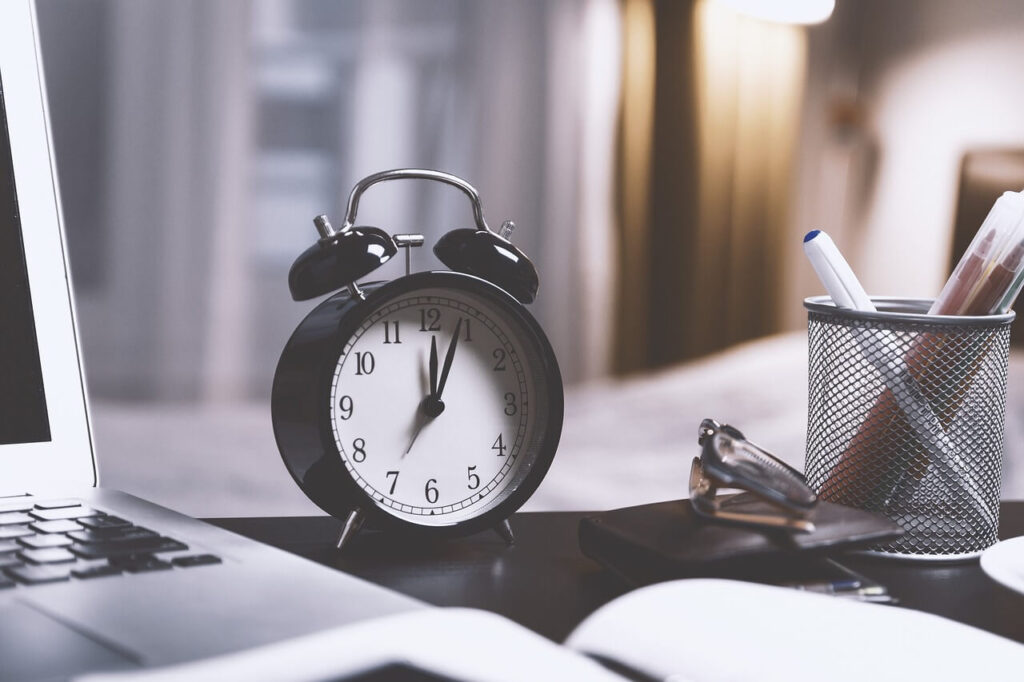Bonjour le monde!
How Long Does It Take a Beginner to Learn French Fluently?

Learning a new language can be an exciting and rewarding journey, and French, with its rich culture, beautiful sounds, and global significance, is a popular choice for many language learners. But if you’re just starting out, you might wonder: how long does it really take to learn French fluently? In this blog post, we will explore various factors that influence learning time, realistic expectations, and tips to accelerate your language acquisition.
Factors Influencing Learning Time

1. Language Background:
If you already speak a Romance language, such as Spanish or Italian, you may find it easier and quicker to learn French due to similarities in vocabulary and grammar. For native speakers of languages that are less similar to French, such as Mandarin or Arabic, the learning process may take longer.
2. Study Commitment:
The amount of time you dedicate to studying French each week significantly impacts your learning speed. Consistent practice, whether through classes, self-study, or immersion, can accelerate your progress.
3. Learning Environment:
Engaging with the language in a French-speaking environment, whether through travel, living in a Francophone country, or interacting with native speakers, can greatly enhance your fluency. Immersion provides real-life context and practical application, making it easier to grasp nuances and colloquialisms.
4. Learning Methods:
Different methods of learning, such as using apps, attending language classes, or employing immersive techniques (like watching French films or reading French literature), can affect how quickly you learn. Finding a method that resonates with you is crucial for maintaining motivation and improving retention.
Realistic Expectations

The Foreign Service Institute (FSI) categorizes French as a Category I language, meaning it is one of the easier languages for native English speakers to learn. According to the FSI, it takes approximately 600-750 hours of study to reach professional working proficiency in French.
Here’s a breakdown of what you might expect at different milestones:
- Basic Conversational Level (A1-A2): Typically achievable within 3-6 months of dedicated study (about 150-300 hours). At this level, you’ll be able to handle simple conversations about everyday topics.
- Intermediate Level (B1-B2): Reaching this level may take 6 months to 2 years, depending on your study habits and exposure to the language. Here, you’ll be able to discuss more complex topics and understand the main ideas of conversations and texts.
- Advanced Level (C1-C2): Achieving fluency and comfort with nuances can take 2-5 years or more. At this stage, you’ll be able to engage in detailed discussions, understand idiomatic expressions, and express yourself with a high degree of accuracy.
Tips to Accelerate Your Learning

1. Set Clear Goals:
Define what fluency means to you. Are you aiming to converse comfortably, or do you need professional proficiency? Setting specific, measurable goals can help you stay focused.
2. Practice Regularly:
Consistency is key. Aim for daily practice, even if it’s just 15-30 minutes. This can include speaking, listening, reading, and writing in French.
3. Engage with Native Speakers:
Join language exchange groups, attend meetups, or find conversation partners online. Engaging with native speakers can boost your confidence and improve your speaking skills.
4. Immerse Yourself:
Surround yourself with the language. Listen to French music, watch French films or series, and read French books or articles. This exposure will help you develop an ear for the language and understand cultural contexts.
4. Be Patient and Persistent:
Language learning is a journey filled with ups and downs. Celebrate your progress, no matter how small, and don’t be discouraged by challenges.
Conclusion
While the time it takes to learn French fluently can vary widely based on individual circumstances, dedication, and approach, it is entirely achievable with the right mindset and resources. Remember that language learning is not just about reaching a destination but enjoying the process along the way. Embrace the journey, immerse yourself in the language, and soon you’ll find yourself conversing fluently in French!
Feel free to share your thoughts or experiences with learning French in the comments below. How long have you been learning, and what tips do you have for fellow learners? Happy learning!
